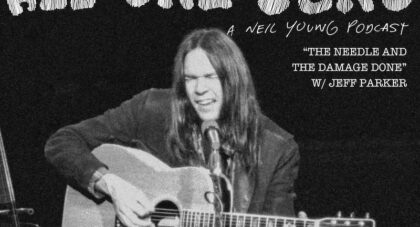Andrew Savage joins Aquarium Drunkard to discuss his new record, Several Songs about Fire, moving to Paris, poetry, and touring with Cate Le Bon . . .
Only the good shit. Aquarium Drunkard is powered by its patrons. Keep the servers humming and help us continue doing it by pledging your support.
To continue reading, become a member or log in.


